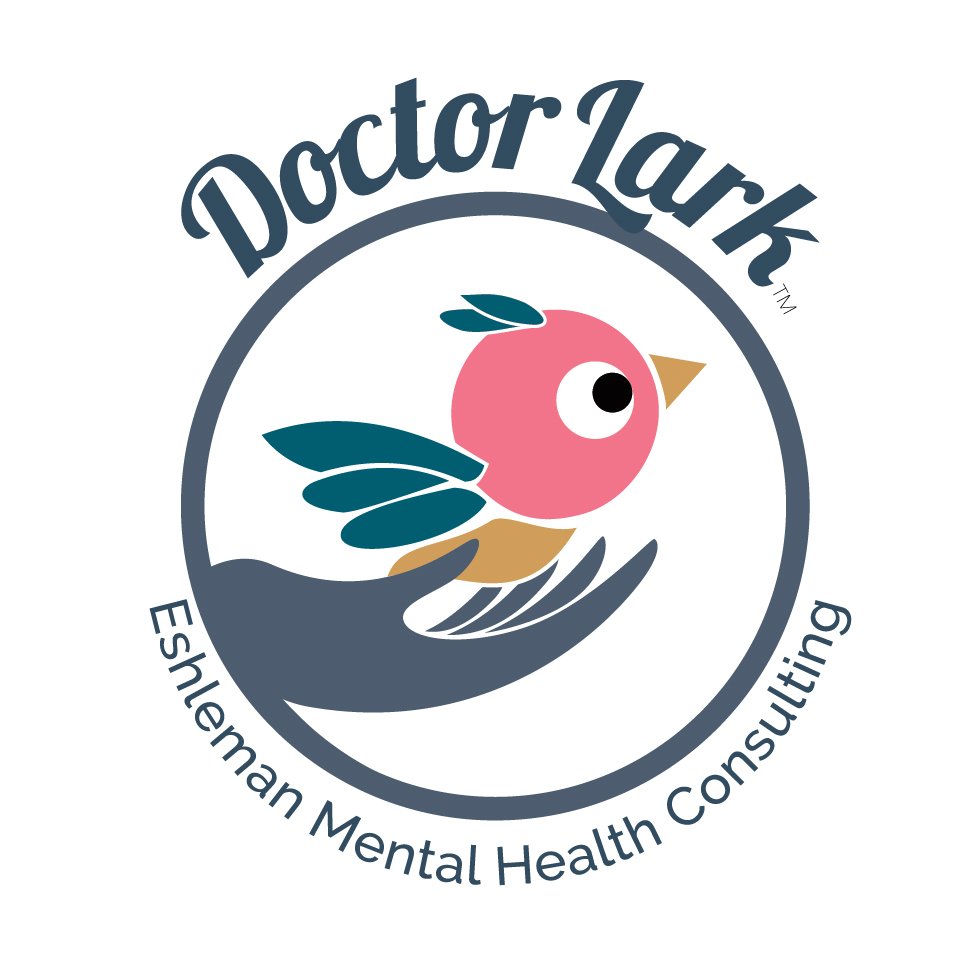JULY 2023
This current research is showing a link, but by no means a definite foregone conclusion, that anger will follow traumatized children into adulthood. There are many ways we can help to prevent this from happening. Here's one idea, cited by the authors:
"We believe that it should be standard practice to ask depression and anxiety sufferers about anger and past trauma, even if the patient is not exhibiting current anger."
The More Traumatic the Childhood, the Angrier the Adult / Read Full Article
September 2022
“What kids carry to school these days are huge concerns like gun violence, public health crises, depression, anxiety, bullying. All their fears are packed up as tight as their backpacks.”
Taking Our Anxiety Back to School / Read Full Article
February 2020
Childhood events can be the root cause of many social, emotional, and cognitive impairments that contribute to an increase in high-risk health behaviors, chronic health conditions, emotional and behavioral dysfunction.
Building Resilience Through Trauma-Informed Practices / Read Full Article
“
July 2018
For children with SPD, something that would be “just fine” for most of us is “too little” or “too much” for them.
Chances are your child could be affected: Sensory Processing Disorder (SPD) / Read Full Article
“
may 2018
We want to watch for the fact that some children will have serious changes in their sleep and that's a sign that there's something that they're worried about and they don't know what to do with the worry.
Child trauma expert has tips for parents navigating difficult news / Read Full Article
“
February 2018
As a parent, I know how difficult it is to take the reins back. If they put things online, if they do something that is not safe or healthy, that it may very much cause harm to others and harm themselves.
It's important to teach kids responsible social media use / Read Full Article
“
July 2016
One major difference between what this program does and what happens in many programs and, in fact, in many foster families, is that the teens may WANT to live up to expectations set by the adults who are showing they care about them. But they don’t actually KNOW HOW to do it! They need hands-on help to get the jobs done.
Mentoring Teens to Become Part of Their Community / Read Full Article
november 2015
Traumatic experiences can often become less traumatic – and even “fixed,” if they are addressed right away – how a parent responds can often make the difference between how a child is affected by the negative event -- short term, and long term.
New Beginnings! / Read Full Article
“
May 2015
I don’t think we should expect children to suffer such profound stress and I think we need to look deeper and try to determine what is happening so we can help instead of just shrugging our shoulders and as one social worker said “Visitation has to happen no matter what happens to the child”.
“Is This Normal?” Worrisome Behaviors after Birth Family Visits and How Foster Parents Can Help / Read Full Article
“
May 2015
For many of these children, the feelings of fear that family visitations bring up are what some of us in the field call “Double Dip Feelings’—in other words, yes, they feel afraid all over again. But they also have other feelings.
When Family Visits Are Difficult: Why Are They So Hard for So Many Children? / Read Full Article
“
Educating Traumatized Children Summit 2014
Every time she has a memory of the experience, the emotion that she felt during that experience and immediately after, comes up and overwhelms her again.
Curriculum and the Traumatized Child / Read Full Article
“
November 2011
As mental health professionals, we became part of each child’s team; the more of the child’s “world” joined the team, the better!
Team Work In Foster Care / Read Full Article
“
November 2011
It’s a pretty easy leap from the fact that these children are almost always feeling fear, to understanding why seemingly small, or pretty unimportant little things that happen make a child go into a rage, or express anger, or act just plain mean. They are feeling intense fear, and show it as anger.
Taming the Anger in Your Child / Read Full Article
“
april 2011
When a child doesn’t learn this first, most important job of attachment the right way -- when she learns that parents cannot be trusted to do their job of loving, nurturing, protecting, meeting her needs -- then the child tires to take over that role on her own as best she can – taking control of her life and surroundings.
Understand attachment disruptions: Promote healthy attachments / Read Full Article
“
Young African Americans in foster care in the US travel on a difficult road. They have most likely already lived at least some of their lives in a chaotic – often violent – environment, or else they would not be in foster care to begin with.
Preparing Teens in Foster Care to Enter the "Real World" / Read Full Article
“
Attachment is a story of creating a building. To begin, this building has to have a logical, well- designed, and sound foundation, if it is to meet its goal of providing long-lasting, solid, and strong shelter for its family.
Foundational, Beautiful, Elusive ... Attachment / Read Full Article
